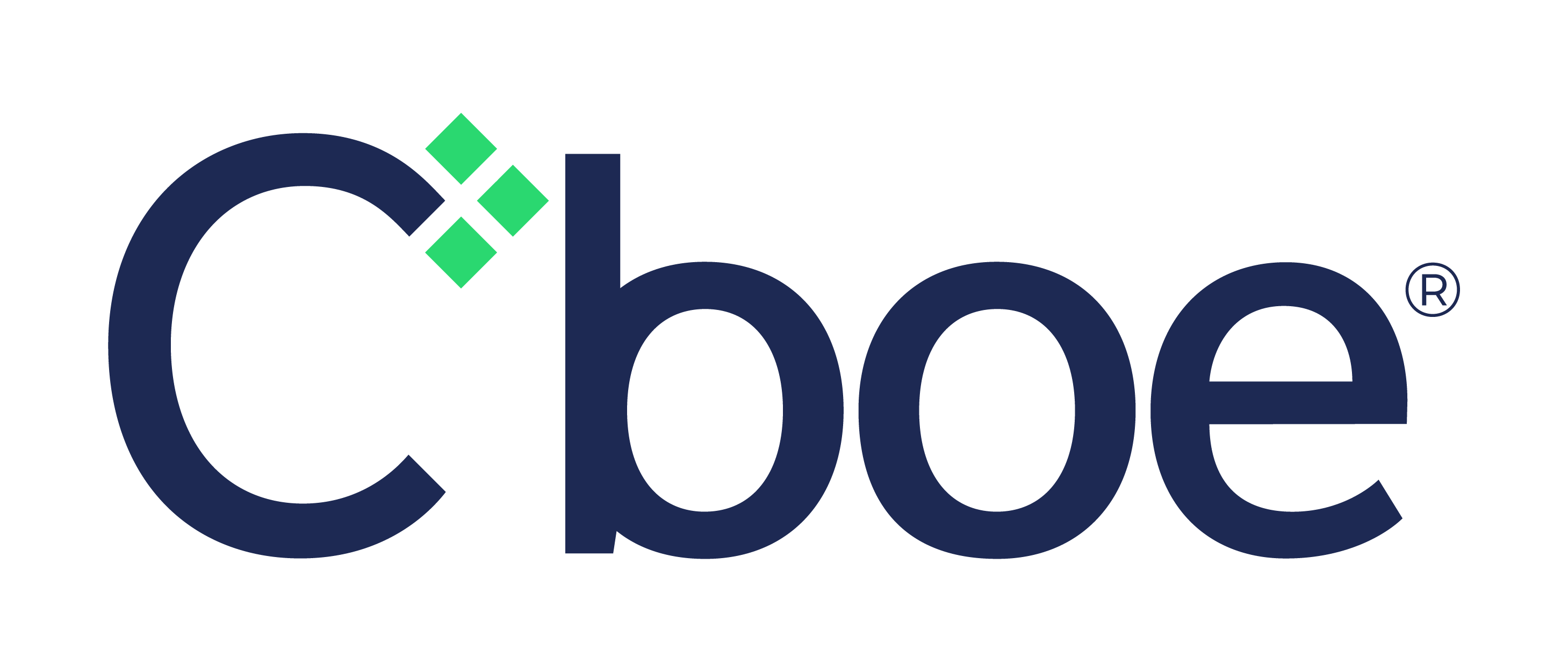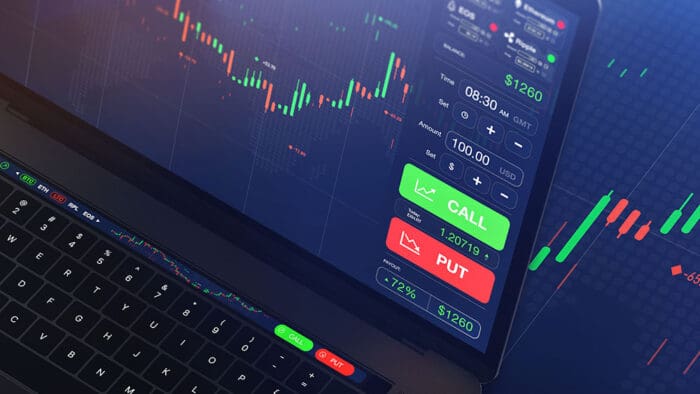Originally posted, 11 April 2025 – Policy Volatility and Market Implications
Recent market turbulence underscores a shifting global outlook as tariffs usher in a new economic era.
There’s an adage that there are decades when nothing happens and weeks when decades happen. The past several days have demonstrated that point.
The U.S. on 2 April unveiled the most significant tariffs in almost a century, deepening a rout in U.S. stocks. By 9 April, just as broad-based tariffs took effect, the U.S. 30-year bond yield surged amid a sell-off in the Treasury market. Later that day, President Donald Trump paused many of the tariffs for 90 days. Equity markets soared.
This was an unusually fluid week across financial markets as investors digested the prospect of tariffs along with questions around their implementation. Amid the volatility, it’s important to keep a longer-term perspective. Here are some of our latest observations about the economy and markets, as well as where we see investment opportunities.
Economy and inflation
- Tariffs rising. The pause creates time for negotiation, but the overall direction remains clear: Higher tariffs are likely here to stay (for more, read our 10 April publication, “President Trump Blinks for Now, But Tariffs Remain High”). The U.S. average effective tariff rate has been reset to levels not seen since the 1930s, and the implications are likely to be stagflationary domestically and contractionary globally.
- Inflation likely reaccelerating. The latest U.S. inflation data, released 10 April, showed softer-than-expected consumer price index (CPI) inflation that underscores weakness in the services sector before any material adjustments in goods prices occur. Looking ahead, we expect tariffs to cause inflation to reaccelerate – the question is by how much.
- Consumer sentiment sinking. The preliminary April University of Michigan survey, released Friday, showed near-record-low consumer sentiment combined with 40-year-high inflation expectations.
- Central banks diverging? In the U.S., if tariffs trigger a rise in prices just as a weakening economic outlook calls for lower interest rates, the Federal Reserve could be in a bind. (For more, read our 9 April publication, “The U.S. Economy’s Trajectory Amid Higher Tariffs.”) In contrast, other central banks may face fewer constraints when it comes to cutting rates.
Markets and opportunities
- Treasury auctions signaled orderly markets. Amid the price swings, strong investor participation at an auction of U.S. 30-year bonds on Thursday, and a similarly well-received sale of 10-year notes on Wednesday, indicated that Treasury market functioning remained stable and orderly, with demand still robust. Overnight funding markets also continued to function normally.
- Yields remained within their longer-term range. Although the speed of this week’s market moves has been unusual, overall yield levels don’t appear to signal deeper concern. Even after recent fluctuations, the U.S. 10-year yield is back where it was in February and remains within the general trading range over the past year and a half. This aligns with our expected cyclical range of 3.75%–4.75% (for more, see our latest Cyclical Outlook, “Seeking Stability”).
- The dollar declined even as U.S. yields rose. The U.S. dollar cheapened this week even as real U.S. yields climbed. Tariff policies, if they are successful in limiting trade flows, also limit foreign savings from entering the U.S., raising questions about the durability of U.S. capital markets exceptionalism.
- Opportunities to add global duration. We have been using this week’s market moves as an opportunity to add duration – a gauge of interest rate sensitivity – both in the U.S. and abroad, as yields have become more attractive. We have been gradually diversifying our interest rate exposure into other global fixed income markets beyond the U.S. We remain slightly overweight duration, favoring five- and seven-year maturities while remaining underweight the longer end of the yield curve.
- Monitoring credit risks and financial conditions. The prospect of a sharp deceleration in global trade flows and an elevated likelihood of recession increases the potential for a credit default cycle amid supply chain disruptions. As long as the ultimate destination for tariffs remains unclear, businesses are likely to delay investment. Combined with elevated interest rates, this could lead to tighter financial conditions.
- Focus on high quality assets. In today’s environment, we believe it makes sense to prioritize high quality, resilient investments.
Disclosure: PIMCO
All investments contain risk and may lose value. This material is intended for informational purposes only. Forecasts, estimates and certain information contained herein are based upon proprietary research and should not be considered as investment advice or a recommendation of any particular security, strategy or investment product. No part of this material may be reproduced in any form, or referred to in any other publication, without express written permission. PIMCO is a trademark of Allianz Asset Management of America L.P. in the United States and throughout the world. THE NEW NEUTRAL is a trademark of Pacific Investment Management Company LLC in the United States and throughout the world. ©2023, PIMCO.
Disclosure: Interactive Brokers Third Party
Information posted on IBKR Campus that is provided by third-parties does NOT constitute a recommendation that you should contract for the services of that third party. Third-party participants who contribute to IBKR Campus are independent of Interactive Brokers and Interactive Brokers does not make any representations or warranties concerning the services offered, their past or future performance, or the accuracy of the information provided by the third party. Past performance is no guarantee of future results.
This material is from PIMCO and is being posted with its permission. The views expressed in this material are solely those of the author and/or PIMCO and Interactive Brokers is not endorsing or recommending any investment or trading discussed in the material. This material is not and should not be construed as an offer to buy or sell any security. It should not be construed as research or investment advice or a recommendation to buy, sell or hold any security or commodity. This material does not and is not intended to take into account the particular financial conditions, investment objectives or requirements of individual customers. Before acting on this material, you should consider whether it is suitable for your particular circumstances and, as necessary, seek professional advice.
Disclosure: Bonds
As with all investments, your capital is at risk.
Disclosure: Security Futures
Security futures involve a high degree of risk and are not suitable for all investors. The amount you may lose may be greater than your initial investment. Before trading security futures, please read the Security Futures Risk Disclosure Statement. For a copy visit the Warnings and Disclosures section of your local Interactive Brokers website.
Disclosure: Futures Trading
Futures are not suitable for all investors. The amount you may lose may be greater than your initial investment. Before trading futures, please read the CFTC Risk Disclosure. A copy and additional information are available at the Warnings and Disclosures section of your local Interactive Brokers website.


















Join The Conversation
If you have a general question, it may already be covered in our FAQs page. go to: IBKR Ireland FAQs or IBKR U.K. FAQs. If you have an account-specific question or concern, please reach out to Client Services: IBKR Ireland or IBKR U.K..
Visit IBKR U.K. Open an IBKR U.K. Account